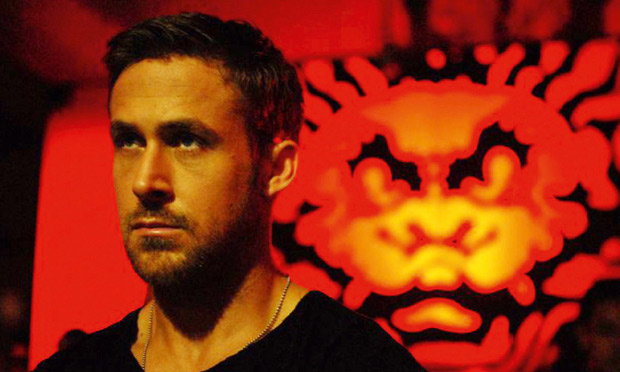
Masterpieces aren’t always appreciated in their own time, sometimes it can take years or even decades for them to gain the recognition they deserve, and sometimes they are met with praise but then go on to slowly reveal their genius over the next few decades by quietly influencing almost every subsequent film of the same type.
Being ahead of your time can be a tricky thing to evaluate, because that is something that can only happen long after the film’s initial release. And with Art being Subjective and all that, it can sometimes be hard to pin-point the genuine Masterpieces from the short-lived Trends, films that are really impressive, engaging, enthralling and maybe kind of important in the moment that later reveal themselves to be nothing but hollow entertainment birthed from and stuck inside a unique moment in time that got old almost as soon as it happened, films like Crash (2004), Out of Africa (1985), Shakespeare in Love (1998), Chicago (2002), Precious (2009) or American Sniper (2014).
Films that seize the moment when they were released and became a cultural phenomenon, a part of the Zeitgeist and got way more praise than they ever deserved because they just looked so good, so strong and so important in the moment, but then eventually went up in smoke after we realized that they had pretty much nothing much to offer past their initial impression, films that have since either become punchline’s of jokes or been next to forgotten by everyone who saw them.
But the power of the Masterpieces is that even if we don’t notice their greatness the moment they are released, they still live on in the minds of those who saw them and will only grow stronger with time. Those films are the films that are harder to predict and only reveal themselves slowly throughout the years and decades after their release, and will eventually enter the hall of Cinematic Classics, of Legends.
And in this list, we will both be taking a look at a few films that have already gone through that long process, some that are in the middle of that process and some that are possibly entering that process.
1. Dr. Mabuse, The Gambler (1922)
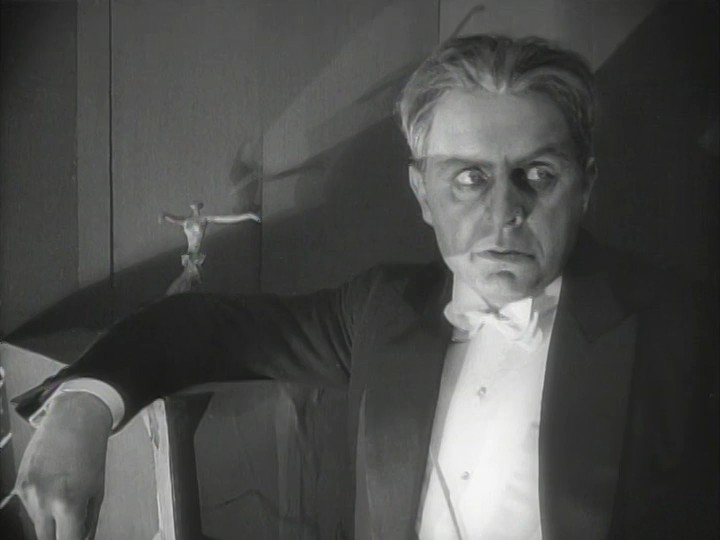
Dr. Mabuse, Der Spieler is pretty much the Ultimate Crime Epic, a 268-minute-long Silent film directed by the Legendary Fritz Lang.
The film tells the tale of Criminal Mastermind Dr. Mabuse as he tries to take control of Berlin through his crimes, meanwhile Detective Wenk is trying to get to the bottom of this complex web of lies and deceits to put an end to the crimewave that’s flowing over Berlin.
It’s a pretty basic tale by our modern standards as it’s a tale that’s been told many times since and will be retold many times more in the future, and that’s where part of this films genius lies, it’s such an influential story that you can pretty much find some trace of it in almost every single crime film made after 1922, whether its influence is felt thematically, narratively or visually, there is bound to be some fragment of Dr. Mabuse hidden somewhere within.
But even if you take away the massive influence this film has had on film history and look at it as just a stand-alone film, it’s still a Masterpiece. The story is so masterfully constructed that it never becomes dull for the entire duration of its 268-minute runtime, it’s always engaging, enthralling and compelling.
It’s a thematically rich and complex story that is a lot more ambitious and complicated than anything else released at the time. it’s a great showcase for how to do visual storytelling, the fist 20 minutes are some of the best I’ve ever seen in my life, it’s a sprawling Epic that is both an important piece of cinema, a masterfully made film and a highly entertaining thriller.
It was well received at the time of its release but you can almost feel when reading the contemporary reviews that no one really knew that this was going to become an Immortal Masterpiece of Cinema or have such a wide-spread influence on the Crime/thriller/Action genre, and thus it was a film way ahead of its time because of how it slowly revealed its greatness and influence throughout the 96 years since its release.
2. The Trial (1962)

Orson Welles is undeniably a Legend, one of the Greatest Directors of all time and an innovator that has impacted the way we view and make films forever. Most people would have put Citizen Kane of this list as it fits perfectly, it’s a great film that wasn’t appreciated in its own time and has only grown in stature and influence ever since. But it’s also a really obvious and almost cliché choice by now, and frankly one of Orson’s more forgotten Masterpieces, The Trial, might fit the bill even more.
The Trial is an adaptation of the book of the same name by Franz Kafka about the Bank Clerk Josef K. that one day awakens to find himself arrested for a crime that’s never explained to him by a system he knows absolutely nothing about. The book is of course amongst the greatest books in world literature and is a book that should be almost impossible to adapt (just look at the disastrous 1993 adaptation) but Orson Welles pulled it off and ended up making what many (and even Welles himself) consider to be Orson Welles’s finest work to date.
Welles perfectly captures the surreal, dreamlike and confusing mood of the book, he adapts the text so perfectly that another adaptation is in theory pretty much unnecessary. He perfectly casts every character from Josef K. (the brilliant Anthony Perkins) to the Advocate (played by Welles himself), the film is brilliantly directed in a way that was rather unconventional and daring for its time, the French New Wave had taken its first steps and was doing something with the language of cinema that had never been done before, and they did it by breaking it apart and gluing it together again in new and exciting ways.
But what Welles did was take the language of cinema and instead of breaking it to make something new, he took the rules that were already in place and used them in unique, new and daring ways and thus added to the already complex Vocabulary of cinema without breaking anything, and with that gave us new ways of filming scenes of mental breakdowns, anxiety, confusion and other such madness.
The only thing that Welles did wrong was to change the ending, the Books ending was the perfect ending to this story (SPOILER ALERT), the system that K.’s been trying to both understand and fight throughout the entire story has been really cold and distant, but then when that system finally sends people off to execute him, it ends up killing him in the most up close and personal way possible, by stabbing him in the heart with a knife.
It’s the perfect ending for this amazing story, and that makes it even more confusing as too why Welles changed it, because his ending has none of the impact, irony or thematic meaning the original ending had. Instead of killing him by stabbing him through the heart the System has two guys take him to the middle of nowhere where he is blown-up with dynamite. It’s a really weird and confusing change that doesn’t work and almost feels like Orson only changed it because he had a burning need to film an Explosion. But even with that flaw this is still a Masterpiece. (SPOILER’S OVER)
The film didn’t connect with people at the time of its release, like most of Welles Post-Kane work, but also like most of Welles Post-Kane work it has since grown in stature and has finally been recognized as the Masterpiece it is, even if it’s still not as widely known as it should be.
3. 2001: A Space Odyssey (1968)
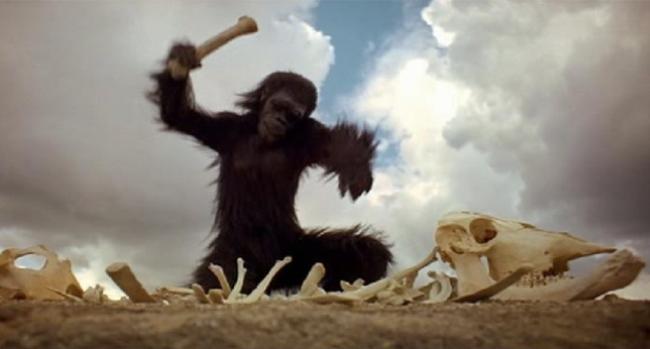
Of course I was going to put 2001: A Space Odyssey on this list, there really is no way you could ever make a list on this topic and not mention 2001 even once, it’s such an influential and important film that changed the way we view cinema forever.
From the special effects to the storytelling to the camerawork to the use of music to the pacing to the sets to the ambition behind the project to every single aspect of the production and the film itself, everything in this film is pretty much perfect and it’s undeniably the Greatest film in the History of Cinema, everyone knows this and every single person who clicked on this list instinctively knew it was going to include 2001.
Everyone knows that it was pretty much hated when it was first released and everyone knows how it’s grown in stature ever since, everyone knows you’ll need at least three or four re-watched to finally appreciate it for the ultimate Masterpiece it really is, everyone knows the story, the quotes, the visuals, the mindbending Stargate sequence at the end, and everybody knows that everything that could possibly be said about the movie has already been said countless times before and everybody knows this, but we still keep on talking about it because it’s just that good.
If there ever was a film that deserved the praise, respect and Legendary aura it has gotten it’s this film, this film is the Greatest film ever made and it had to be on this list because any list on this subject that doesn’t include it would be incomplete.
There really is nothing that can be said about this film that everybody doesn’t already know, but in case there is somebody reading this list that hasn’t seen it, then stop reading right now and go watch this Epic Masterpiece, and then go watch it four more times, trust me, you’ll thank me later.
4. The Man Who Fell to Earth (1976)
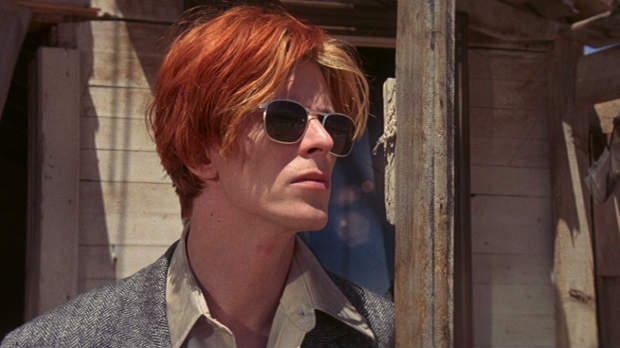
This is a really strange and unique film, it’s a sci-fi tragedy starring David Bowie as an Alien that falls to earth for a mysterious purpose but then ends up becoming an alcoholic. It’s an incoherent aimless mess that is directed in such a weird way that it almost looks like it was made by an alien, and it still somehow really works and offers such a unique experience that you will never forget it.
The way the story is told is very deliberately incoherent, aimless and messy to get us in the headspace of the main character, an Alien that perceives time differently and is pretty much drunk or on the edge of a mental breakdown the entire time.
It’s weird and messy in such a unique and visionary way that it become some kind of an endlessly admirable Masterpiece, a chaotic, messy, incoherent, aimless and uneven Masterpiece in a way that only a collaboration between David Bowie and Nicolas Roeg could be, Rest in Peace you wonderful Weirdo’s.
This film was not at all well received when it was released but it has been steadily gathering a fanbase ever since, it’s a film in the middle of its critical re-evaluation that will most likely end up with it ascending into the hall of Cinematic Classics amongst Dr. Mabuse, 2001: A Space Odyssey and the Trial, and many more.
5. Eraserhead (1977)
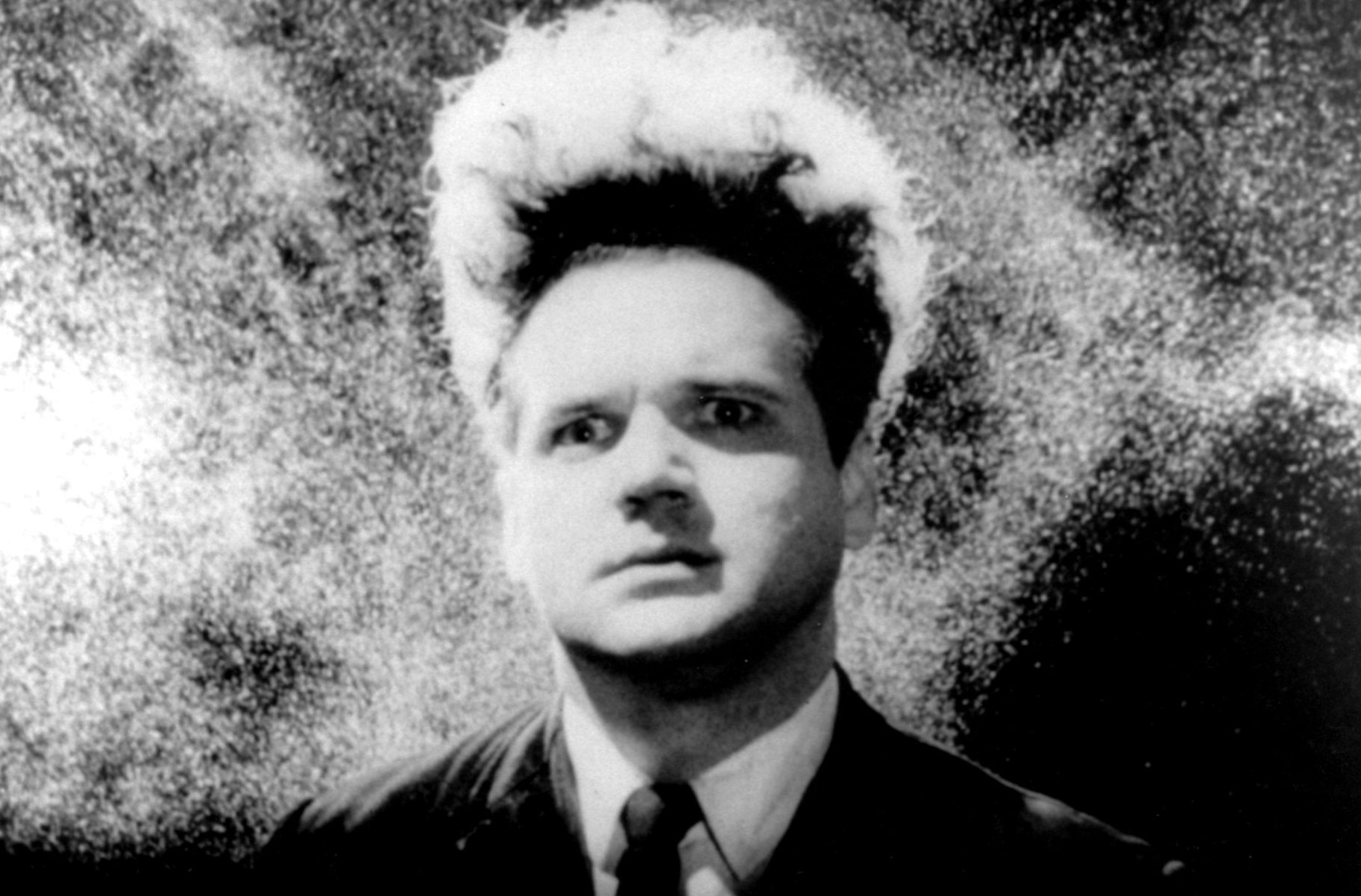
David Lynch pretty much changed the way we look at Narratives with this film, there had been many surrealist films with weird and/or complex dreamlike narratives before it, like the work of Luis Bunuel, but with Eraserhead Lynch took those ideas and pumped them up to 11 and created something utterly unique that had never been made before.
Eraserhead is a surreal nightmare that doesn’t really make conventional sense and works exclusively in dream-logic and metaphors. Every single detail has some kind of meaning but that meaning is always unclear, obscure or abstract, and even though you can kind of get a feel as to what is happening and what it might possibly all mean after watching it enough times it will still never make complete sense, just like a dream.
But what it all means doesn’t really matter that much, it can be extremely fun to try to figure it all out but this is a movie experience that should be felt more than it should be logically understood and analysed. It doesn’t matter what the deformed baby is a metaphor for, what does matter is how that deformed baby makes us feel, and that feeling is pure and simply unease on the highest level.
This film was met with really uneven reception, some people loved it and some hated it, but in the years since it has become a classic of underground surrealist Cinema and pretty much everyone is in agreement that Eraserhead is a Masterpiece.